Filter by
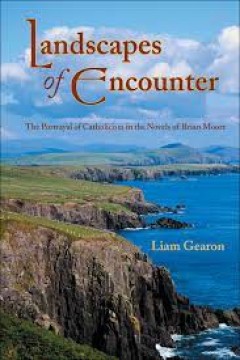
Landscapes of Encounter : The Portrayal of Catholicism in the Novels of Brian…
Brian Moore (1921-1999) is one of the few novelists whose literary portrayal of Catholicism effectively spans the period prior to and following the Second Vatican Council. His novels—from 1955’s Judith Hearne to his final work, 1997’s The Magician’s Wife—are characterized by an enormously varied portrayal of pre- and post-Vatican II Catholicism. Many critics have discussed how Moore�…
- Edition
- -
- ISBN/ISSN
- 9781552386637
- Collation
- 312 halaman
- Series Title
- -
- Call Number
- 800 GEA l
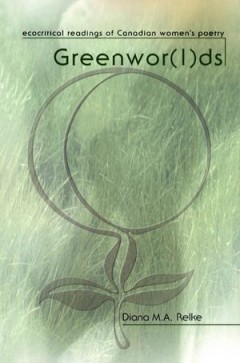
Greenwor(l)ds : Ecocritical Readings of Canadian Women's Poetry
Greenwor(l)ds rewrites the literary history of Canada from a feminist ecological perspective through a series of essays that examine the lives and work of nine women poets. Using insights from fields of knowledge as disparate as history and biology, physics and philosophy, psychoanalysis and communications studies, these essays reflect the transdisciplinary character of women’s studies genera…
- Edition
- -
- ISBN/ISSN
- 9781552386651
- Collation
- -
- Series Title
- -
- Call Number
- 800 REL g
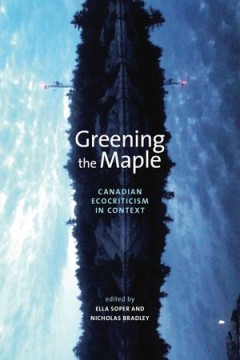
Greening the Maple : Canadian Ecocriticism in Context
Ecocriticism can be described in very general terms as the investigation of the many ways in which culture and the environment are interrelated and conceptualized. Ecocriticism aspires to understand and often to celebrate the natural world, yet it does so indirectly by focusing primarily on written texts. Hailed as one of the most timely and provocative developments in literary and cultural stu…
- Edition
- -
- ISBN/ISSN
- 9781552385487
- Collation
- -
- Series Title
- -
- Call Number
- 800 SOP g
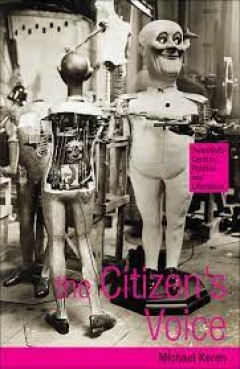
The Citizen's Voice : Twentieth-Century Politics and Literature
Michael Keren traces the political lives and messages of some of the twentieth century’s greatest literary characters in this insightful and jargon-free book of literary criticism. He observes the infamous characters ranging from Joseph K from Franz Kafka’s The Trial to Ralph from William Golding’s Lord of the Flies to Chauncey Gardiner from Jerzy Kosinski’s Being There and beyond while…
- Edition
- -
- ISBN/ISSN
- 9781552386699
- Collation
- -
- Series Title
- -
- Call Number
- 800 KER c
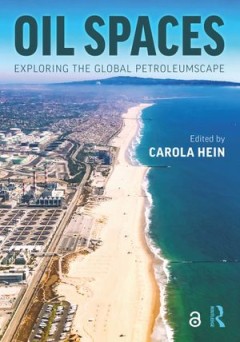
What is Québécois Literature? Reflections on the Literary History of Franco…
The question ‘What is Québécois literature?' may seem innocent and answerable, yet Rosemary Chapman's compelling study shows that to answer it is to chart the cultural history of French Canada, to put francophone writing in Canada in postcolonial context and to ask whether literary history, with its focus on the nation, is in fact obsolete. This remarkable book will be compulsory re…
- Edition
- -
- ISBN/ISSN
- 9781846319730
- Collation
- -
- Series Title
- -
- Call Number
- -
 Computer Science, Information & General Works
Computer Science, Information & General Works  Philosophy & Psychology
Philosophy & Psychology  Religion
Religion  Social Sciences
Social Sciences  Language
Language  Pure Science
Pure Science  Applied Sciences
Applied Sciences  Art & Recreation
Art & Recreation  Literature
Literature  History & Geography
History & Geography